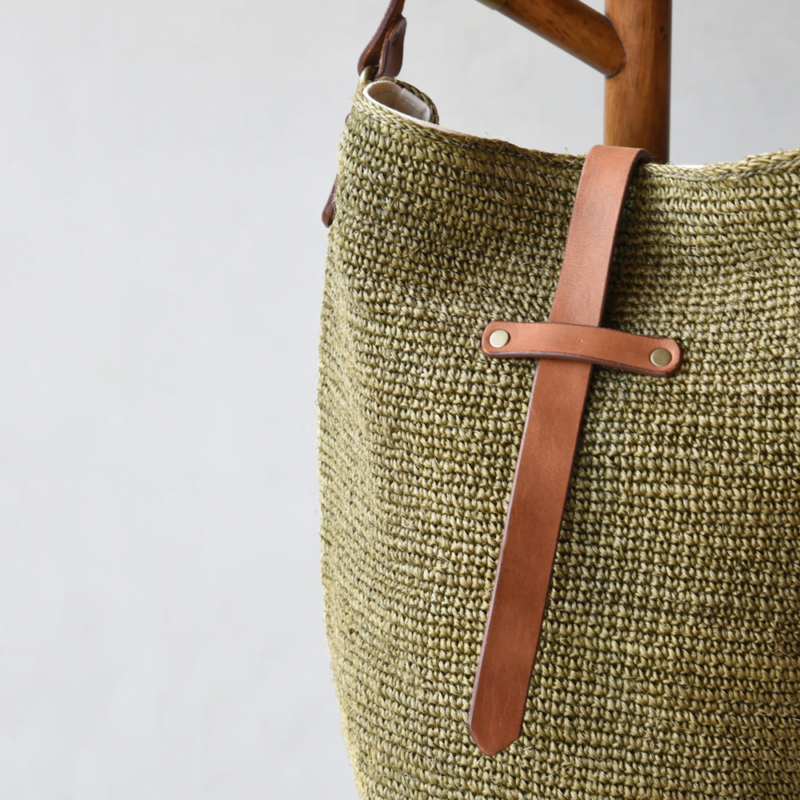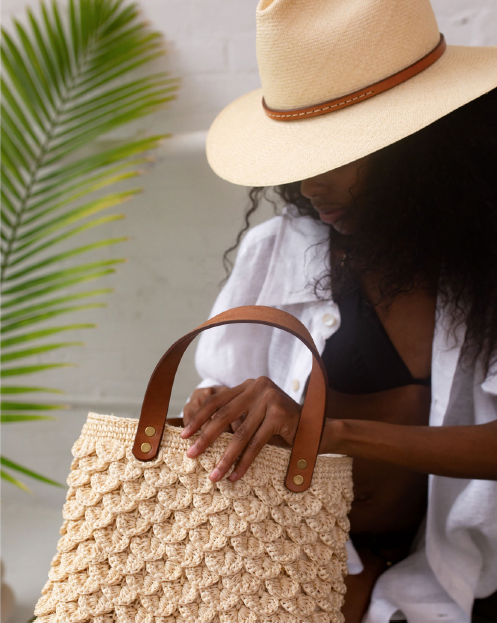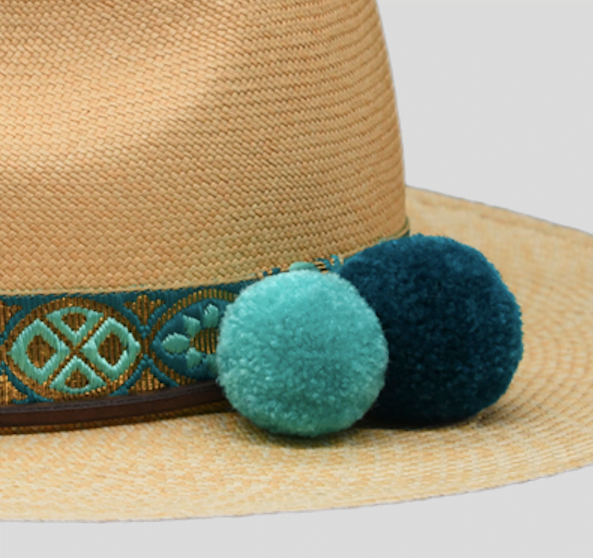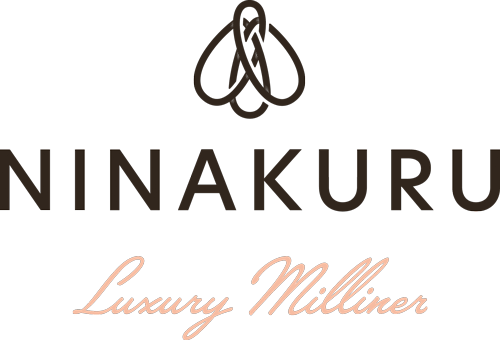Journal
Meet NINAKURU
The people, places and heritage behind the brand
In Quechua, the ancient language of the Incan people, ninakuru means “firefly.” So when we set out to create a line of sustainable accessories that would embody inner beauty, embrace nature and illuminate creativity, there was no better name. It encapsulates our belief that self-worth and true glow radiate from within. For us, fashion isn’t about following trends but respecting time-honored designs and adding your own spin to make it fresh.
We launched Ninakuru in 2014, motivated to redefine what it means to pair luxury with sustainability, modernity with tradition. Since that day our founder and designer Jennifer Moray began drafting ideas at her kitchen table, we’ve created handmade Panama hats, hand-shaped wool hats, and leather and woven handbags made responsibly and ethically from start to finish—in the materials we use, the craftsmanship we uphold and most importantly, the direct relationships we’ve formed with our artisans in South America. The result is heirloom-quality products infused with detail, romance and a meaningful bond that connects our customers to our makers.
Whether we’re planning our next collection, picking just the right ribbon for an accent or collaborating with our largely female collective of artisans, at Ninakuru it always comes back to these three guiding principles:
Superior + Sustainable Materials
We carefully curate materials from around the world – authentic toquilla straw grown on the Ecuadorian coast, cruelty-free felt made from 100% virgin, hand-sheared Argentinian wool, recycled silk, vintage ribbon, organic cotton, foraged game feathers and dyes made from natural resources such as seeds, berries and tree sap. All of these elements come through in our signature tight weave, seamless surfaces and slow-stitch embroidery.
Any leather we use is a by-product of the cattle industry – never sourced from animals for that purpose alone. But we believe it’s important to be mindful of all segments of our community. That’s why we’re proud to offer a variety of sustainable vegan hats and bags. (Our team is always looking to innovate and improve our social responsibility, so if you have a suggestion to make our vegan options more comprehensive, get in touch at innovation@ninakuru.com.)
Restorative Relationships
When building Ninakuru, Jennifer saw a need for empowerment in the industry and wanted to pay tribute to her own Ecuadorian heritage, so she joined forces with a mostly female collective of artisans in a village near Ecuador’s coast. In this community, the tradition of making sustainable Panama and wool hats is a source of pride, dating back hundreds of years and passed down from one generation to the next.
The long-term relationships we’ve cultivated with our artisans are the heart of Ninakuru. It’s about uplifting them through dignified wages, business support and a better quality of life because we know that investing in people and traditions is the soul of creativity and gives each piece greater meaning.
Hand-crafted Design
Jennifer frequently travels to South America to work alongside the collective – hand-picking each raw material, ensuring quality and hearing firsthand from our artisans about the process, the product and new ideas.
From there, Jennifer hand-adorns each item in our design studio located in Ojai, California, using hand selected, globally sourced vintage, recycled or organic details. Pulling from her experiences as a child watching her grandmother and mother – both seamstresses – devote care and detail to every stitch and fold as well as her own years of designing, Jennifer meticulously finishes each piece so its beautiful, hand-crafted quality shines.
Whether it’s a Panama hat, straw bag or leather tote, every Ninakuru piece has a story and owning one of our products means being integrated into a holistic cycle that supports artisans, keeps a centuries-old tradition alive and creates an opportunity to weave beauty into your everyday. Each piece is a reminder that beauty and sustainability are a powerful force when combined, that when it comes to ethical luxury, you can have both.
SOME OF OUR FAVORITES




